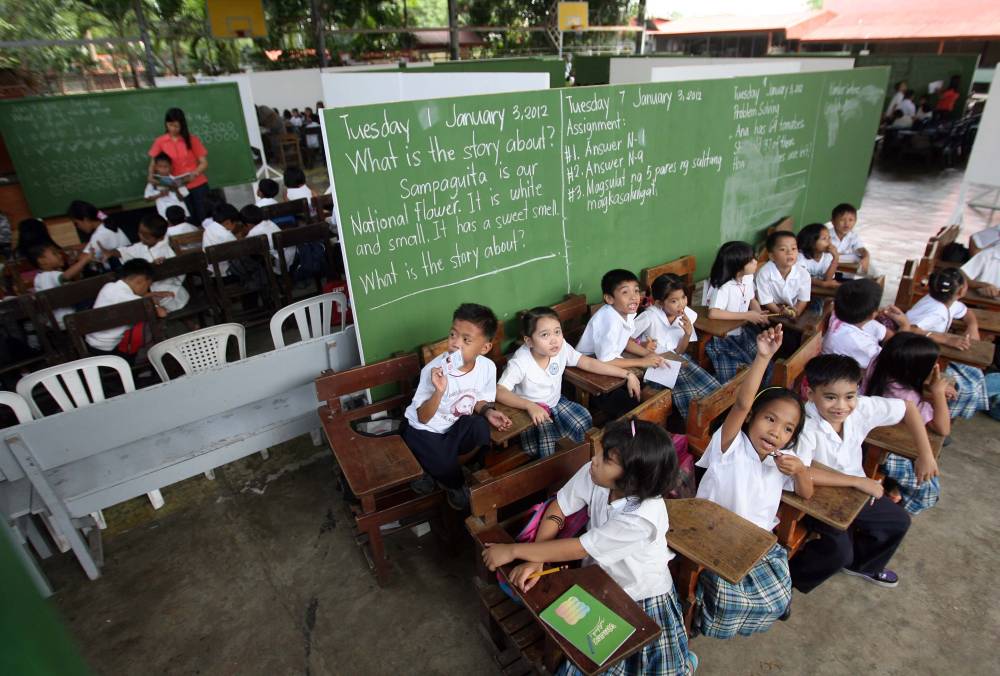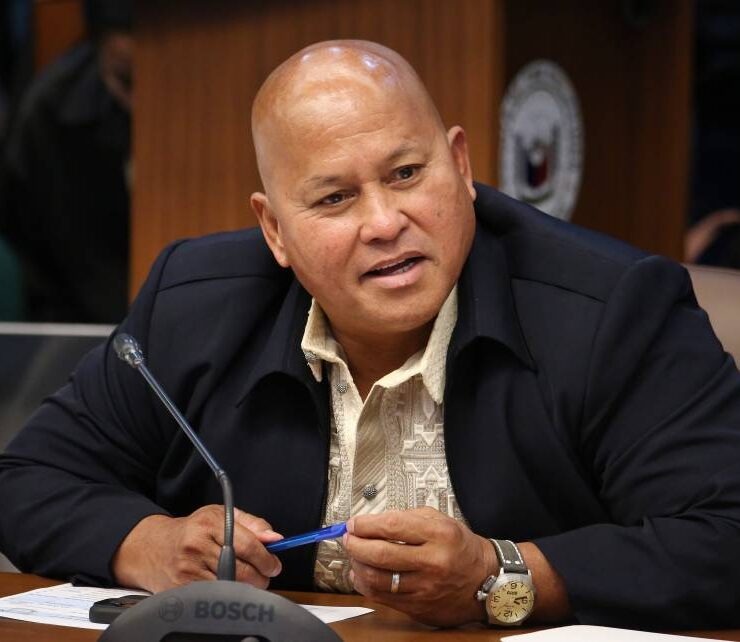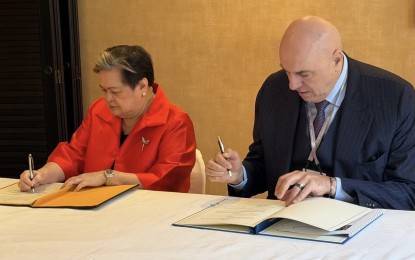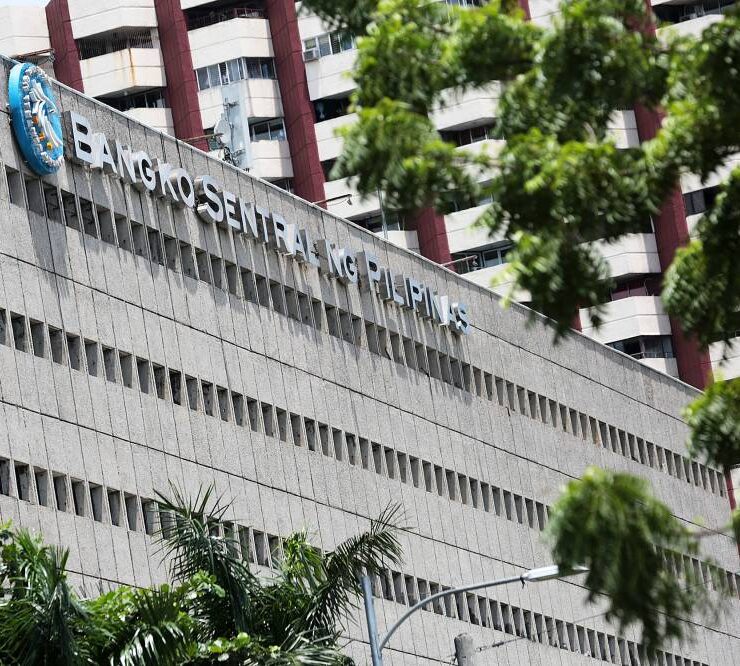Classroom construction no longer DPWH domain

President Marcos has ordered that funds be funneled directly to local government units (LGUs) to help expedite the construction of more classrooms and address the acute shortage across the country.
The President’s decision to decentralize the building of schools, originally an exclusive mandate of the Department of Public Works and Highways (DPWH), was seen as a loss of confidence in the agency’s capacity to take on the responsibility following its low completion rates and amid allegations of corruption involving its district engineers.
In a press briefing on Wednesday, Palace press officer Claire Castro said the Department of Education (DepEd) and the DPWH were expected to sign a memorandum of agreement (MOA) with LGUs on this matter.
“The President wants the classroom shortage to be addressed as soon as possible for the benefit of the students. Slow action is not acceptable—that is the President’s directive,” Castro said.
“He is focused on ensuring the speedy construction and repair of classrooms through the collaboration of the DPWH, DepEd and LGUs,” she added.
‘Deplorable performance’
The directive follows Public Works Secretary Vince Dizon’s admission before the Senate on Monday that the agency had so far completed only 22 classrooms out of the 1,700 target for 2025.
With only two months left before the end of the year, Dizon called out the “very deplorable performance” of the DPWH, which still had 882 ongoing classroom projects, and 882 more that have not been started.
The Alliance of Concerned Teachers (ACT) noted that the target 1,700 classrooms was not even enough to address the classroom shortage, which it placed at 165,000. This number is projected to grow to 200,000 by 2028 if the government continues at its current slow pace of construction.
“This is enraging considering that many teachers and students are suffering from our situations in classrooms,” ACT chair Ruby Bernardo said in a statement on Wednesday. “Thousands of students are being crowded in small classrooms and some classrooms are being divided.”
“This is a clear case of negligence of the state to the education sector and to the rights of students when it comes to our education quality,” she added.
Heavy workload
Under the planned MOA, funds will be downloaded to LGUs to implement the construction of classrooms, while the DPWH and DepEd will oversee and monitor the progress. This initiative aims to complete about 2,370 classrooms, Castro said.
DepEd proposed a P912-billion budget for next year, with 7 percent or P63 billion allotted for the Basic Education Facilities Fund (BEFF) to back the construction of classrooms.
Aside from the LGUs, DepEd is also eyeing partnerships with engineering brigades of the military and nongovernment organizations through public-private partnerships to build more classrooms.
DepEd attributed the DPWH’s slow construction pace to the latter’s “heavy workload,” as it is also responsible for the planning, design, construction and maintenance of all government infrastructure such as roads and bridges, flood control systems, water resource development projects and other public works.
It also faulted the DPWH’s “late validation and costing submission, and leadership changes” for the delays in building new classrooms under the 2025 BEFF.
“It seems they got too engrossed with constructing flood control projects, to be frank about it,” Education Secretary Sonny Angara earlier said.
‘Outsourcing’ responsibility
This was echoed by Bernardo, who said this only revealed the government’s “true priorities,” which was to invest billions of pesos in flood control projects while quality education infrastructure was “completely abandoned.”
She was also skeptical over the proposed Classroom-Building Acceleration Program, wherein lawmakers want to involve LGUs and the private sector in addressing the classroom shortage.
“Instead of outsourcing its responsibility, the Marcos administration and the DepEd must fix and streamline the classroom construction process, hold erring officials accountable for anomalies and corruption in school building projects, and ensure that agencies mandated to deliver these services are competent, transparent and credible,” Bernardo said.
She urged the Marcos administration to increase the education budget equivalent to 6 percent of the gross domestic product under international guidelines.
“While billions are wasted on corruption, public schools continue to suffer from the lack of teachers, education support personnel, classrooms, textbooks and basic facilities,” Bernardo said.
“This is nothing less than a grave injustice to teachers, learners and the Filipino people,” she added.
Commitment
Mr. Marcos has committed to build 40,000 classrooms before he steps down in 2028.
From July 2022 to August 2025, the DepEd and the DPWH completed 19,250 classrooms nationwide, which reduced the backlog by 11.6 percent from 165,443 to 146,193.
Malacañang sad it expects the DPWH to complete 200 classrooms before the end of the year and 822 classrooms by the second quarter of 2026.
By third quarter next year, 2,000 classrooms should have been completed. —WITH A REPORT FROM DEMPSEY REYES





















